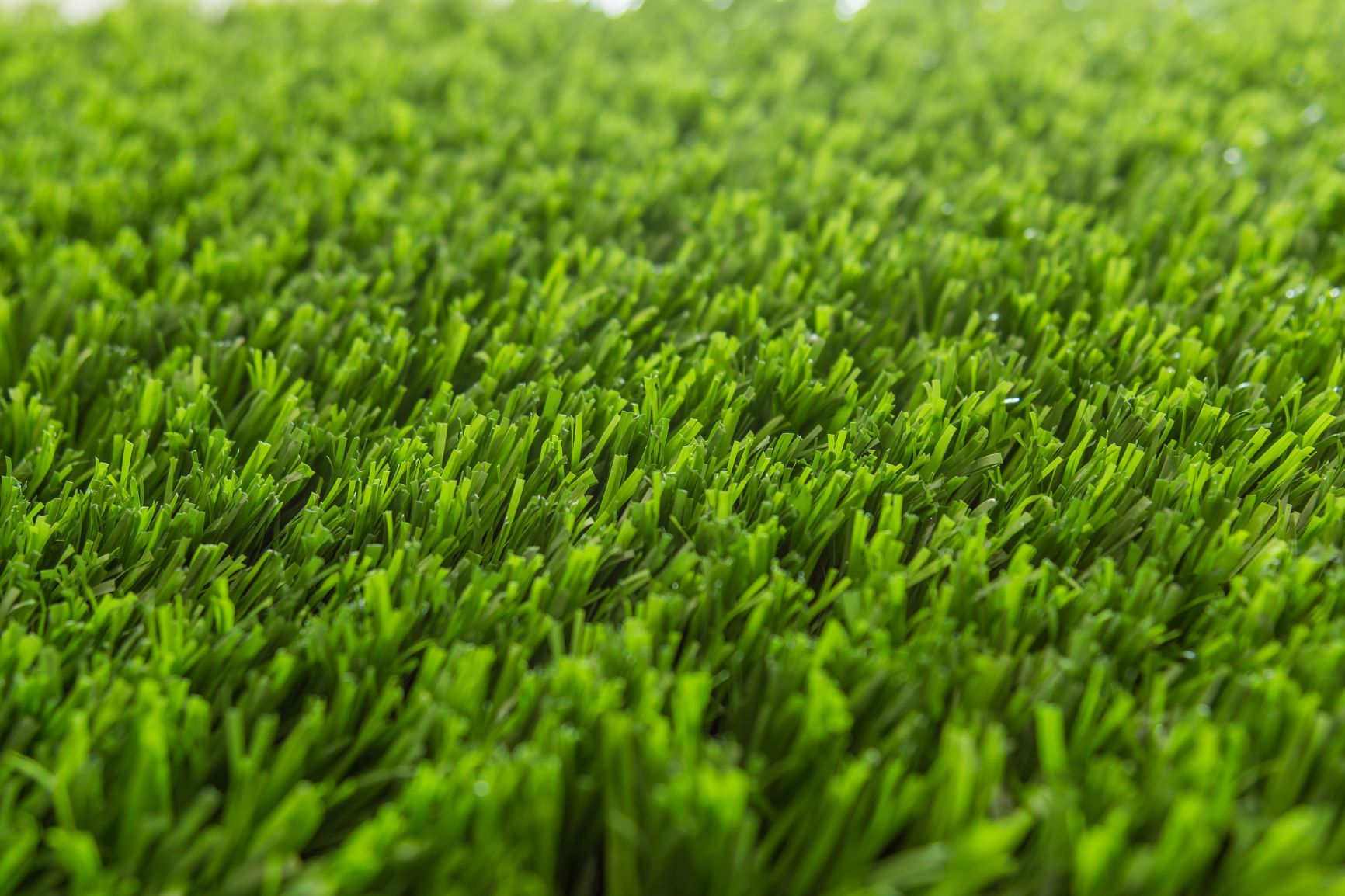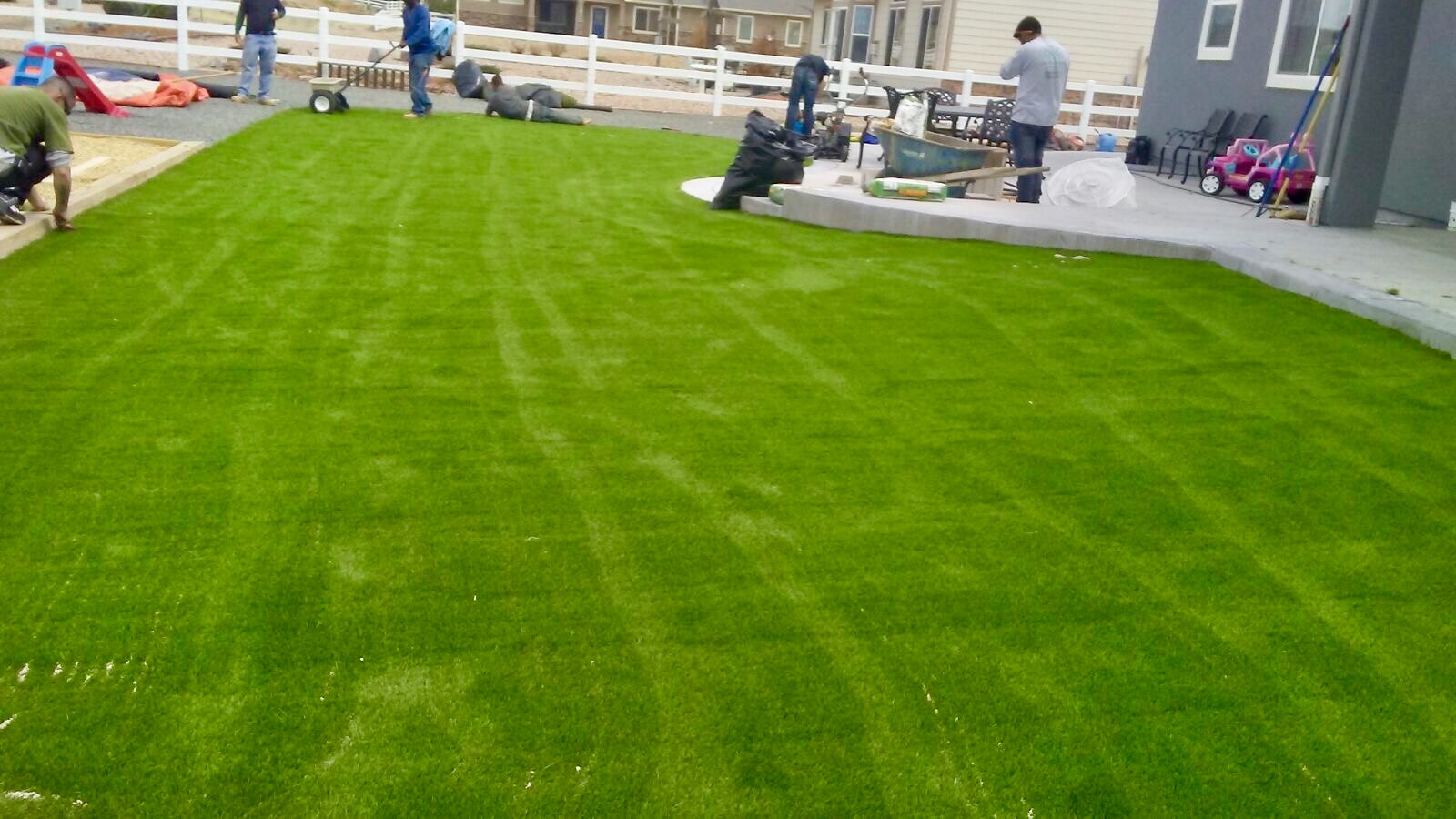Leading Phoenix Turf Companies Delivering Premium Synthetic Lawn Products
Leading Phoenix Turf Companies Delivering Premium Synthetic Lawn Products
Blog Article
Explore the Environmental Perks of Opting for Synthetic Grass Solutions
The adoption of synthetic grass remedies provides a compelling possibility to attend to pressing environmental obstacles. By substantially decreasing water usage and minimizing the application of hazardous chemicals, these alternatives not just promote lasting landscaping but additionally safeguard local ecosystems. In addition, the lower carbon footprint connected with reduced maintenance activities adds to a more lasting method to land monitoring. Nonetheless, the implications of these advantages prolong past simple conservation initiatives, raising questions about their long-lasting impact on environment preservation and overall eco-friendly equilibrium. Discovering these dimensions exposes an intricate interplay worth taking into consideration.
Water Conservation Advantages
One of the most considerable advantages of fabricated grass is its capability to conserve water. In comparison, fabricated grass does not require watering, considerably decreasing the overall need for water sources.
By eliminating the demand for normal watering, synthetic lawn adds to lasting landscape practices and aids mitigate the ecological influence of extreme water intake. The conservation of water prolongs to the reduction of overflow, which can lead to soil erosion and waterway pollution.
Furthermore, the installation of synthetic grass allows communities and homeowners to allocate water resources a lot more successfully, concentrating on vital usages such as drinking water and agriculture. The shift in the direction of synthetic grass not only advertises responsible water usage however likewise straightens with broader environmental goals aimed at protecting all-natural sources.
As areas significantly focus on sustainability, the water preservation advantages of synthetic grass present a compelling case for its adoption in domestic and commercial landscaping projects.
Decreased Chemical Usage
The transition to synthetic grass substantially reduces the dependence on chemical therapies frequently utilized in natural lawn maintenance. Conventional turf management generally includes the application of chemicals, herbicides, and fertilizers to advertise growth and control bugs. These chemicals can pose threats to human health and wellness, regional wildlife, and the environment, adding to dirt and water contamination.
In contrast, synthetic grass gets rid of the requirement for these damaging substances. As soon as set up, it requires marginal upkeep, primarily including routine cleaning and seldom infill replenishment. This reduction in chemical use not only benefits the instant environment yet additionally adds to wider ecological security. By reducing the launch of synthetic substances into the ecological community, man-made turf advertises healthier dirt and water systems.
Additionally, the absence of chemical overflow linked with synthetic lawn installations assists protect regional rivers from pollution, sustaining water life and keeping biodiversity. Artificial turf companies phoenix. As areas increasingly prioritize lasting techniques, opting for synthetic grass presents a practical option that straightens with ecological conservation goals. With this change, homeowner can appreciate lavish green areas without jeopardizing environmental wellness, leading the means for a more sustainable future
Lower Carbon Footprint

Additionally, the installment of fabricated turf can lead to considerable water preservation. All-natural grass call for considerable amounts of water for irrigation, which not just contributes to the carbon impact related to water extraction and treatment however additionally pressures neighborhood water resources. On the other hand, synthetic grass needs minimal maintenance, needing no watering, therefore significantly minimizing water use and its connected power expenses.
Furthermore, the long life of man-made grass adds to its decreased carbon effect. With a life expectancy of up to 15 years or more, the demand for constant substitutes is reduced, leading to less waste and lower energy intake in production and taking care of typical yard choices. Generally, man-made grass presents a lasting alternative for ecologically mindful landscaping.
Environment Conservation
Habitat preservation is a go to my blog critical factor to consider in the dispute over landscape design selections, particularly when contrasting synthetic grass to all-natural lawn. Natural yard yards typically require extensive upkeep, including using herbicides, pesticides, and plant foods, which can detrimentally affect local ecological communities. These chemicals can leach right into the soil and rivers, harming indigenous flora and animals and disrupting regional environments.
Man-made lawn removes the demand for dangerous chemicals, therefore shielding neighboring wild animals and keeping the honesty of bordering ecosystems. The click installation of artificial turf can lead to the conversion of former grass areas right into even more biodiverse landscapes, such as pollinator yards or indigenous plant locations, which can support regional wildlife.
Ultimately, the change to artificial turf not just preserves water and minimizes maintenance efforts but additionally cultivates an extra harmonious connection between human tasks and the native environment, promoting habitat preservation while doing so.
Long-Term Sustainability
Long-term sustainability is an essential element in assessing the advantages of synthetic grass over conventional turf lawns. Among one of the most considerable advantages of man-made turf is its sturdiness; it can last as much as 15-20 years with very little maintenance, whereas natural yard needs regular reseeding and replacement. This durability lowers the demand for consistent resources, such as water, fertilizers, and pesticides, which are vital for maintaining a healthy and balanced turf yard.
Furthermore, synthetic lawn adds to a reduction in carbon exhausts connected with grass care tools. Traditional grass frequently call for gas-powered mowers, leaners, and blowers, all of which add to air pollution. Phoenix turf companies. In contrast, synthetic grass gets rid of the demand for such devices, advertising a cleaner environment
Furthermore, the manufacturing of synthetic lawn increasingly uses recycled products, improving its sustainability account. As manufacturers embrace environment-friendly practices, the environmental impact Arizona turf of fabricated turf remains to reduce.

Verdict
The adoption of artificial grass services offers considerable ecological benefits, consisting of considerable water conservation, minimized reliance on harmful chemicals, and a reduced carbon footprint. Man-made turf aids in maintaining natural environments by minimizing land disturbance and advertising long-term sustainability with the usage of resilient materials. Collectively, these variables underscore the capacity of synthetic grass to contribute favorably to ecological health and use a viable option to standard landscape design practices in a progressively resource-conscious globe.
In contrast, synthetic grass does not require watering, significantly decreasing the general need for water resources. By reducing the release of artificial substances right into the ecosystem, synthetic grass advertises much healthier soil and water systems.
Moreover, the installment of artificial turf can result in considerable water preservation. In comparison, fabricated lawn requires minimal maintenance, requiring no watering, thus substantially lowering water use and its associated energy expenses.

Report this page